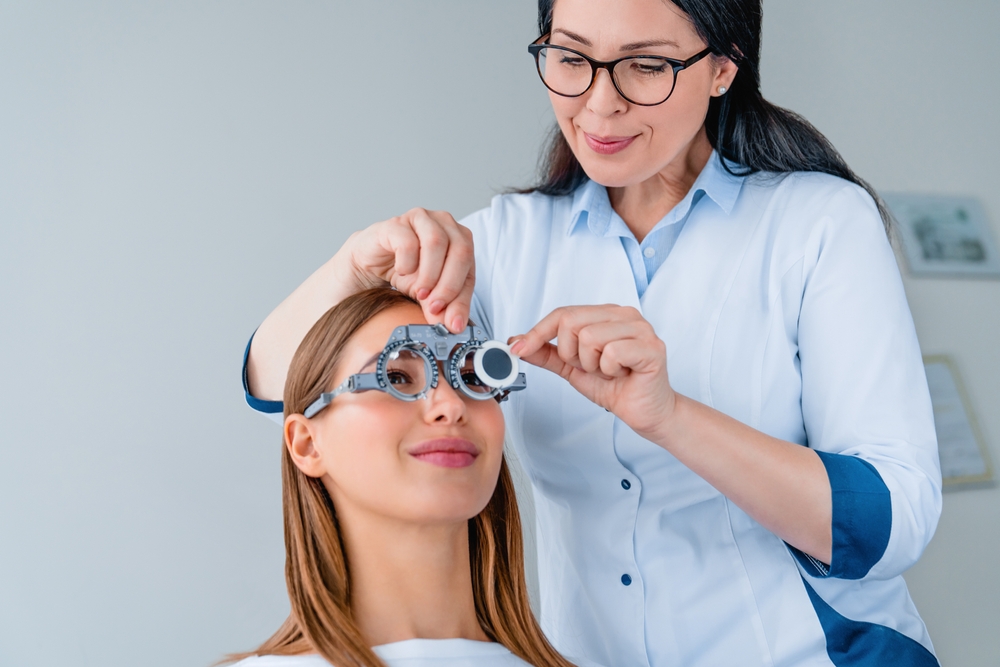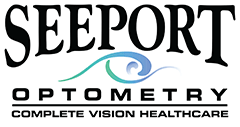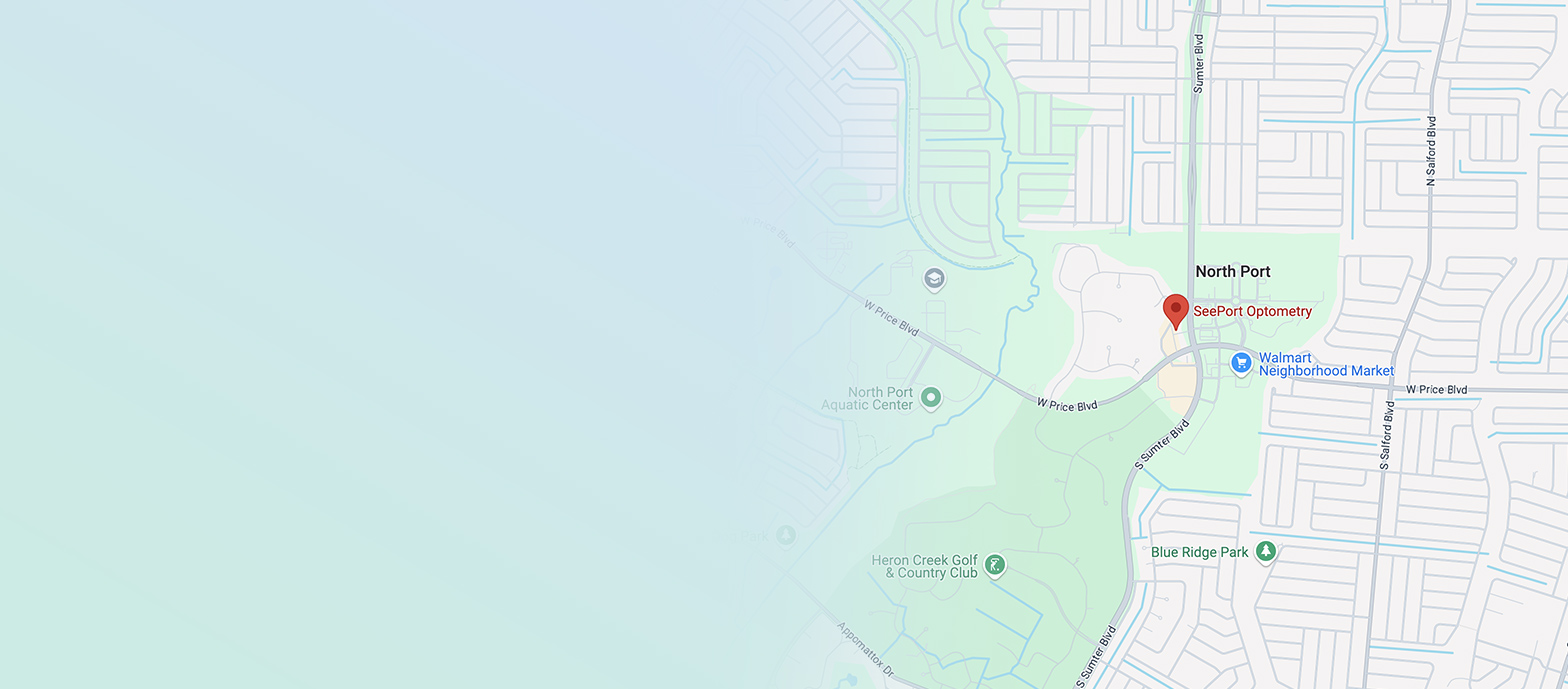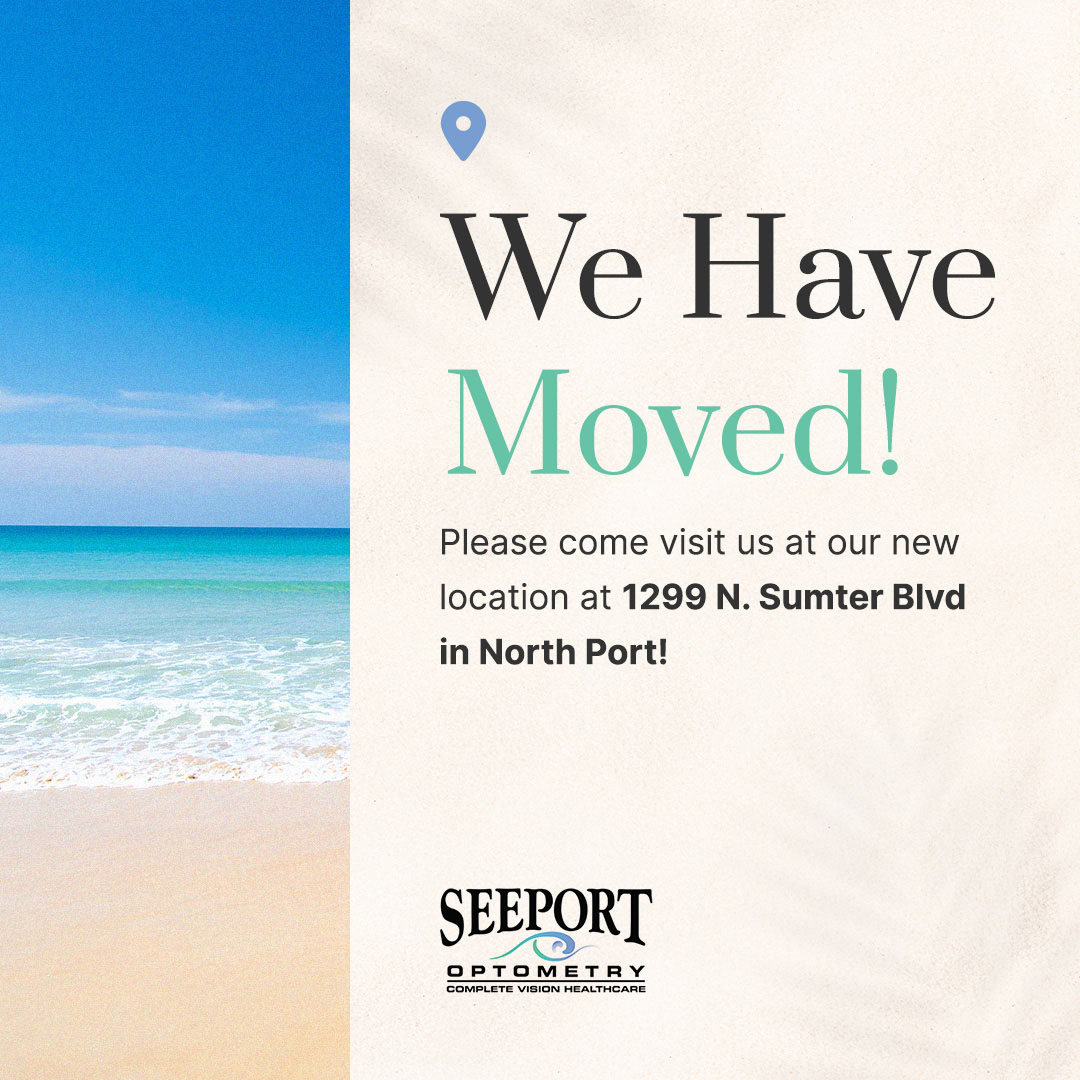
Understanding Glaucoma: Symptoms, Risks, and Early Detection
Glaucoma is one of the leading causes of vision loss worldwide, often referred to as the "silent thief of sight" because it typically presents no early symptoms. By the time noticeable changes in vision occur, significant and irreversible damage may have already been done to the optic nerve. Early detection is crucial to managing this condition effectively and preserving your vision. At SeePort Optometry, we are dedicated to educating our patients about glaucoma, its risks, and the importance of regular eye exams.
What is Glaucoma?
Glaucoma is a group of eye conditions that damage the optic nerve, often due to elevated intraocular pressure (IOP). This nerve damage can lead to vision loss, especially in peripheral vision. There are several types of glaucoma, with open-angle glaucoma being the most common. While the exact cause of glaucoma isn’t always clear, it is often linked to the buildup of pressure in the eye due to improper drainage of fluid (aqueous humor).
Symptoms of Glaucoma
Glaucoma is known for its subtlety, particularly in its early stages. In fact, many people with glaucoma may not notice any symptoms until the disease has progressed. However, as glaucoma advances, symptoms may include:
• Gradual loss of peripheral vision: This is the most common early sign of open-angle glaucoma. If untreated, it can lead to tunnel vision.
• Sudden onset of blurred vision: This symptom is more common in acute angle-closure glaucoma, which is a medical emergency.
• Halos around lights: This can occur due to elevated eye pressure.
• Eye pain or severe headaches: These may signal a rapid rise in eye pressure and should be treated immediately.
• Nausea or vomiting: Often associated with acute angle-closure glaucoma.
Risk Factors for Glaucoma
While anyone can develop glaucoma, some individuals are at a higher risk. Understanding these risk factors can help you take preventive measures or seek early screening. Common risk factors include:
• Age: Glaucoma becomes more common as you age, especially after age 60.
• Family history: If you have a family history of glaucoma, your risk is significantly increased.
• High intraocular pressure (IOP): Elevated eye pressure is a key risk factor for developing glaucoma.
• Ethnicity: African Americans, Hispanics, and Asians are at a higher risk of developing certain types of glaucoma.
• Medical conditions: Conditions such as diabetes, hypertension, and cardiovascular disease are linked to an increased risk of glaucoma.
• Prolonged use of corticosteroids: Long-term use of steroid medications can raise eye pressure, increasing the likelihood of developing glaucoma.
The Importance of Early Detection
Because glaucoma often progresses without warning, routine eye exams are essential for early detection. At SeePort Optometry, our comprehensive eye exams include measurements of intraocular pressure and an evaluation of the optic nerve, both of which are critical in identifying glaucoma early. We use advanced diagnostic tools, such as optical coherence tomography (OCT) and visual field testing, to detect signs of glaucoma before symptoms appear.
Early detection can slow or stop the progression of the disease, helping to preserve your vision. Once glaucoma is detected, treatment options may include medications to reduce eye pressure, laser therapy, or surgery in more advanced cases.
Schedule Your Glaucoma Screening with SeePort Optometry Today
Regular eye exams are the key to detecting glaucoma early and preventing significant vision loss. Our team is dedicated to providing personalized care to ensure your eyes stay healthy and your vision remains clear for years to come.
If you are at risk for glaucoma or have not had a recent eye exam, schedule an eye exam with SeePort Optometry. Contact our office in North Port, Florida, by calling (941) 876-4400 to book an appointment today.









